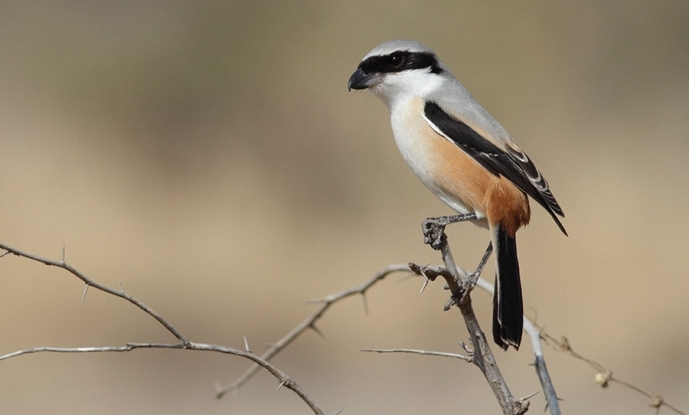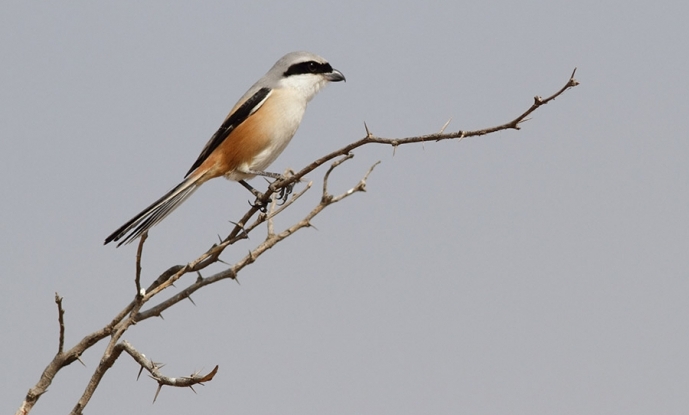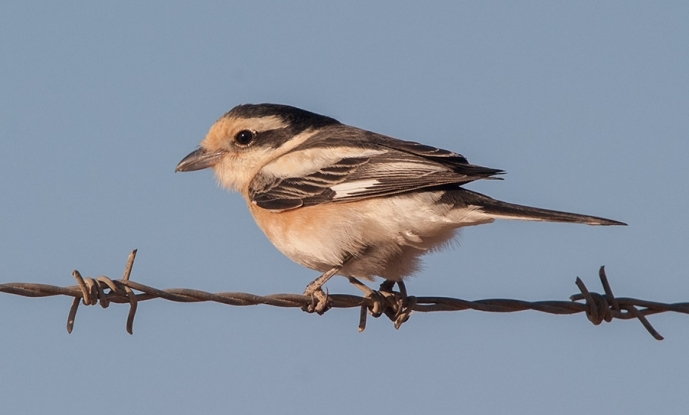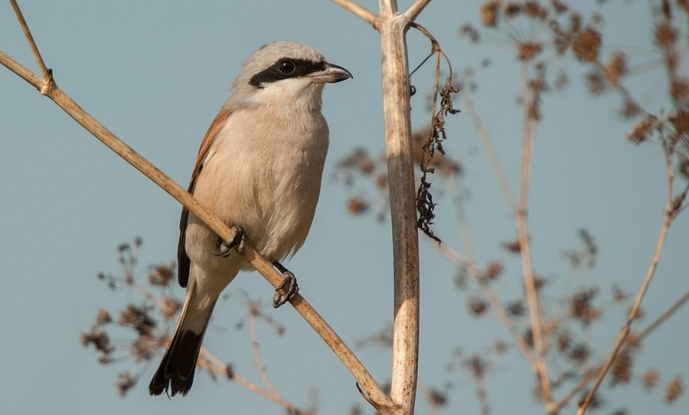V International Shrike Symposium 2023 | Time is up!
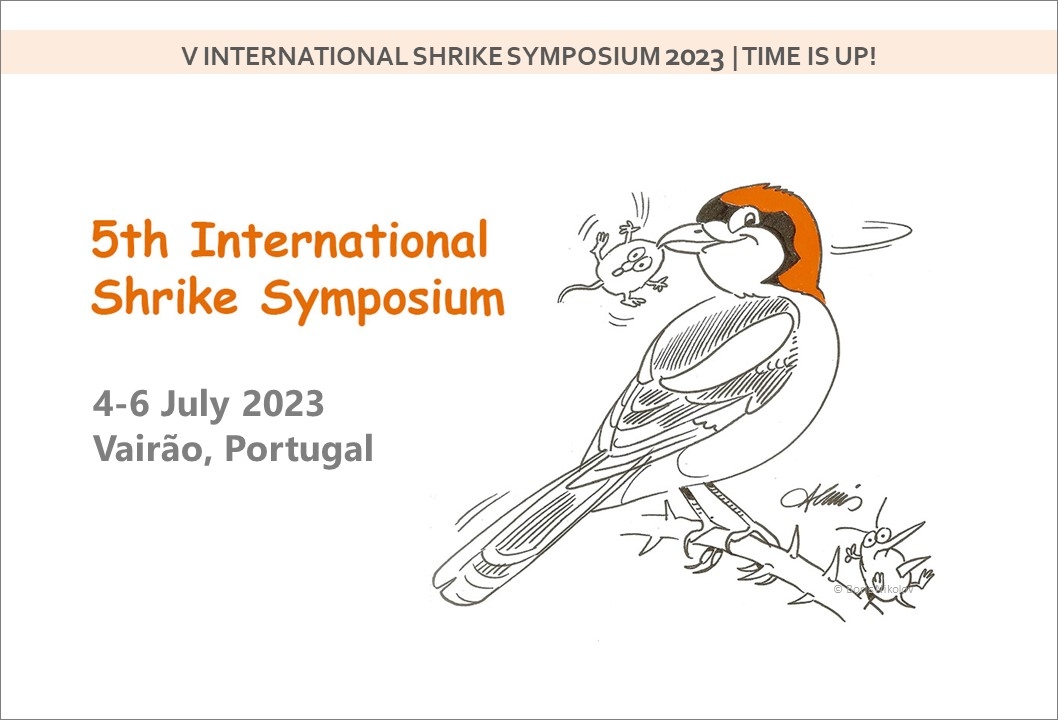
Registrations and abstract submissions are now open!
We are pleased to announce the V International Shrike Symposium, which will be organized and hosted by BIOPOLIS-CIBIO - University of Porto at Vairão, Vila do Conde, Portugal.
Shrikes are an interesting bird group combining the features of the passerines and birds of prey. A considerable number of questions connected with their evolution, ecology and behaviour have still remained open. Many species shrink their range, dramatically decreasing their abundance. This fact was also a reason to create the International Shrike Working Group and to ensure a regular contact and international meetings among shrikeologists.
The I International Shrike Symposium was held in January 1993 in Lake Placid, Florida, and it was organized under chairmanship of Reuven Yosef from Israel. This symposium was attended by 71 participants from 23 countries. Then followed the meetings organized in Eilat, Israel (1996) and Gdansk, Poland (1999). In 2003 the IV symposium was held in Chemnitz (Germany) entailing 21 talks and 9 posters by authors from 17 countries.
The V International Shrike Symposium will be organised 4-6 July, 2023 in Vairão, Vila do Conde, Portugal, giving an update on recent shrike population numbers and focusing on the impact of land use and climate changes.
Furthermore, contributions will deal with exciting problems of evolution of feeding strategies, with open questions in breeding biology, distribution of food supply and suitable habitats.
Some of the contributions represent shrikes as indicators of environmental changes, other explain their mating strategies, sexual dimorphism and "monomorphism", overlapping of the ecological demands between relative species, population status inside and on the limit of their natural areas.
We believe that the symposium will be an important meeting of people, new ideas and hypotheses representing not even a contribution to knowledge of life strategies of this endangered animal group, but also to their effective conservation.
In times when the impact of global environmental changes becomes more and more explicit, not only on shrikes, sharing of our insights is now crucial in order to wake up the world. Time is up.
ORGANIZING COMMITTEE
● Joana Santana (Portugal)
● Luís Reino (Portugal)
● Dries Van Nieuwenhuyse (Belgium)
● Boris Nikolov (Bulgaria)
SCIENTIFIC COMMITTEE
● Amy Chabot (Canada)
● Norbert Lefranc (France)
● Dries Van Nieuwenhuyse (Belgium)
● Boris Nikolov (Bulgaria)
● Luís Reino (Portugal)
● Joana Santana (Portugal)
● Piotr Tryjanowski (Poland)
● Reuven Yosef (Israel)
EDITORS OF THE PROCEEDINGS
● Amy Chabot (Canada)
● Norbert Lefranc (France)
● Dries Van Nieuwenhuyse (Belgium)
● Boris Nikolov (Bulgaria)
● Luís Reino (Portugal)
● Joana Santana (Portugal)
● Reuven Yosef (Israel)
ABSTRACT SUBMISSION
Click here to access the abstract submission form.
REGISTRATION
Click here to access the registration form.
For registration payment please click here
IMPORTANT DATES
Abstract submission deadline: Submit immediately
Early registration deadline: May 31st, 2023
Late registration: June 2nd - July 1st, 2023 (both included)
WHERE TO STAY
Some accommodations have discount agreements with BIOPOLIS-CIBIO (refer to CIBIO at reservation).
Vila do Conde: Hotel Brasão
Póvoa de Varzim: Hotel Costa Verde
Porto: Pensão Favorita
Note: If you miss the first you still have the opportunity to pick up the other. Usually this service is conducted by a medium white Mercedes Benz bus that can be easily identified. However sometimes may be used a Volkswagen grey Transporter van (more common at noon).


